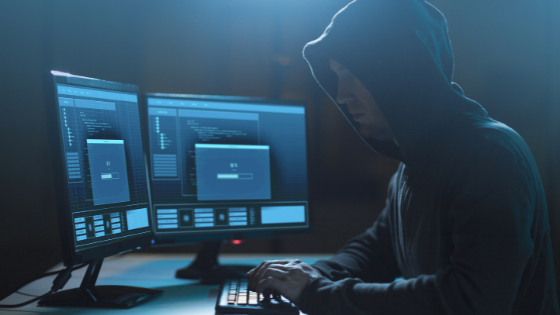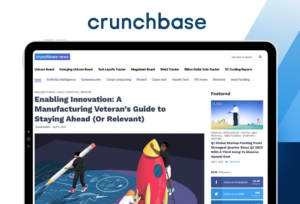Top Manufacturing Cyber Attacks and How ERP Could Have Helped

It’s a company’s worst nightmare; becoming the victim of a cyberattack. Industrial cyberattacks are on the rise and can be seen almost daily in the news across the nation. Hackers don’t limit their target to only one type of business. A beef plant, liquor maker, and computer manufacturer have all been attacked in the past year, costing tens of millions of dollars in combined ransom payments, data theft, and lost revenue. Battling cyber hackers has become a daily business.
In March computer maker Acer was given only days to make a ransom payment to the REvil ransomware group. REvil is known for its high ransomware demands and usually threatens to place stolen data for auction on its website if demands aren’t met. JSB, the world’s largest meat processor, shut down production in May at nine beef plants along with chicken and pork plants for several days after getting hit by a cyberattack. In August, hackers associated with REvil ransomware stole one terabyte of data from liquor maker Brown-Forman. However, the maker of well-known brands such as Jack Daniels and Korbel champagne said they were able to detect the attack and intervene before any data could be encrypted and a ransom demanded.
Malware can be planted by finding a vulnerable place to access a computer on a company’s network. This includes spear-phishing, using a third-party business partner, or it could come from a client or vendor that is already a victim. Business email compromise (BEC) attacks use email fraud to attack a business. These emails masquerade as a legitimate request for information but are fraud.
No one likes to think about worst-case scenarios, but it’s important to be prepared if the unthinkable happens. An ERP solution gives your business a solid foundation with multiple security layers designed to protect against sensitive data theft again. ERP protection includes safeguards against distributed denial of service (DDoS), firewalls that segment critical components. For example, meat processer JBS reported that although the company was forced to temporarily shut down several processing plants, the company’s backup servers were not affected, and customer, supplier, and employee data was kept safe.
An ERP solution can also detect exploitation and fraud and can take immediate action, often correcting the problem before it becomes a larger issue. Like Brown-Forman, solving the problem before a breach turns into stolen data, downtime, and possibly ransom demands can save dollars, but protocols are still crucial to data security longevity.
While no system is foolproof or guarantees 100% protection, an ERP system provides a robust infrastructure for data security. It can also provide monitoring when integrating with third-party vendors to help keep security risks low. ERP systems can help monitor supplier traffic and client portals by providing security parameters as well.
The most successful companies have whole company support in properly using an ERP and looking out for unusual activity. Ensuring that all workers and teams understand the importance of utilizing the system’s capabilities and how to use them correctly is critical. A strong investment in training and regularly sharing pertinent information with staff can prevent phishing scams and similar schemes from fooling team members. Staff training should be regularly available to ensure the inclusion of new team members and refresh information for current employees.
If you have questions about how an ERP solution can provide a baseline defense against cyberhackers, call us at 412-562-9660 or email info@decision.com.
Similar Blogs

Decision Resources Featured on Crunchbase

Chips, drugs, and steel — how to prepare for Trump tariffs





